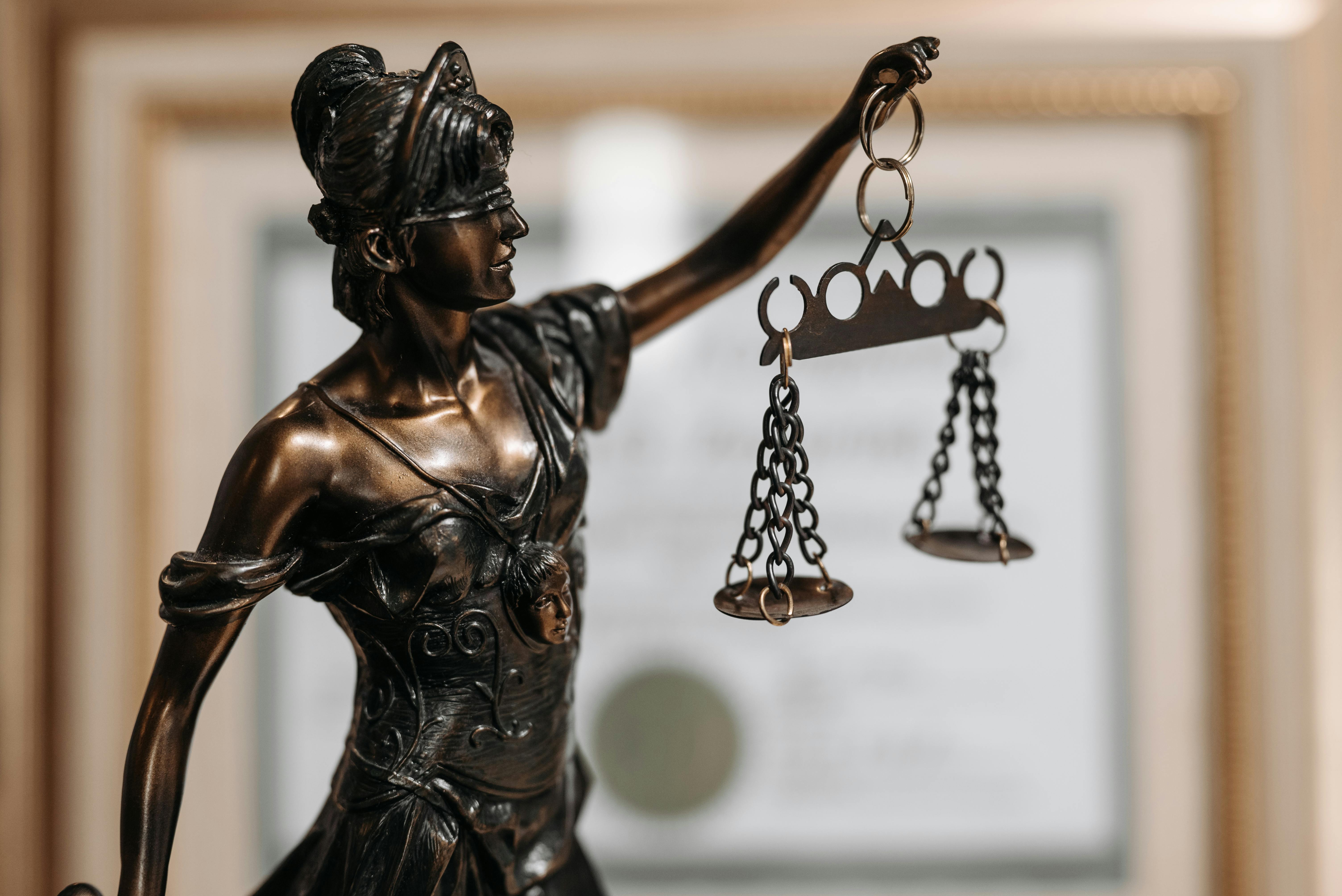
Reframe Disability — Introducing RHJ Associate Sangam ‘Alopeke


We’re so excited to introduce one of the two newest members of our collective — Sangam ‘Alopeke! Sangam’s greatest passion is health justice, with a particular focus on the impact of race and disability. Their lived experiences have underlined the profound inequities in these areas and informed their approach to disability rights. They have worked as a Deaf Advocate for the Disability Policy Consortium in Boston, where their particular focus was addressing barriers to accessing healthcare for the deaf and hard-of-hearing. For over a decade, they have been a peer educator in radical community health. As the current Ombudsperson for the Sex Worker Outreach Project, they approach conflict mediation with special attention to the underlying power dynamics of those involved.
So often in the spaces we live and work and move in, people assume that accessibility — if they think about accessibility at all — is a synonym for justice. That doing the bare minimum to make spaces not actively restrictive to people with disabilities is enough. In most of my working life, as a disabled person of color working in majority-white, majority-hearing spaces, my experiences have been at best frustrating and at worst, persistent dismissal and dehumanization.
Even working within groups and organizations that like to style themselves as leftist, as justice-focused, as “inclusive”, the fact is that people give very little consideration to what that means as a practice. If disability is thought of at all, it is usually an afterthought — tack on “ableism” into a list of oppressions to consider, or write “ask us if you need accommodation” on an event posting (with no intention or ability to provide it, if requested.) I have over the years gotten very good at self-advocating, but it is exhausting to have to fight every step of the way simply to be heard.
Most people start out with the assumption that being able-bodied and neurotypical is the norm, and that disability is an aberration. It is therefore common, in spaces dominated by white abled people, for accessibility to be considered a benevolence bestowed upon us. The very idea of disabled people being integral parts of the community, with our own value and our own contributions to offer, is completely alien to prevailing societal views. That accessibility should be the baseline has not even occurred to most abled people, leaving us in a place where “disability justice” revolves around gaining access. Around even being allowed into the room. Around fighting just to exist in a world designed for the convenience of abled people.
To move past that requires a rethinking. A reframing of how we think about disability, and what disables people. So much of disability is socially influenced. I may not hear, but in a gathering of Deaf people who all sign with me, does that disable me? In a world that did not assume one universal model of what it means to be human — to be abled, to be “normal” — our thinking around disability might look quite different. Actively working to build a world that does not assume one universal standard of ability would require disabled perspectives being included at all stages. It would require disabled lives being valued at all stages.
For me, coming to work at Reframe is an exciting opportunity on many levels. It’s not possible to think about health justice without thinking about disability justice, and I’m thrilled to have the opportunity to bring my perspective into this discussion. Beyond that — or perhaps foundational to that, I welcome the chance to work with a collective who uplift and prioritize marginalized voices as a radical central value.
Share this page:

More Posts
Our Resources
Browse our resources dedicated to empowering communities with tools for movements. Click here to access all resources.
Recent Resources
Contact Us
Please reach out - we work with lots of people with lots of budgets. To learn more about pricing, visit our contact page.






